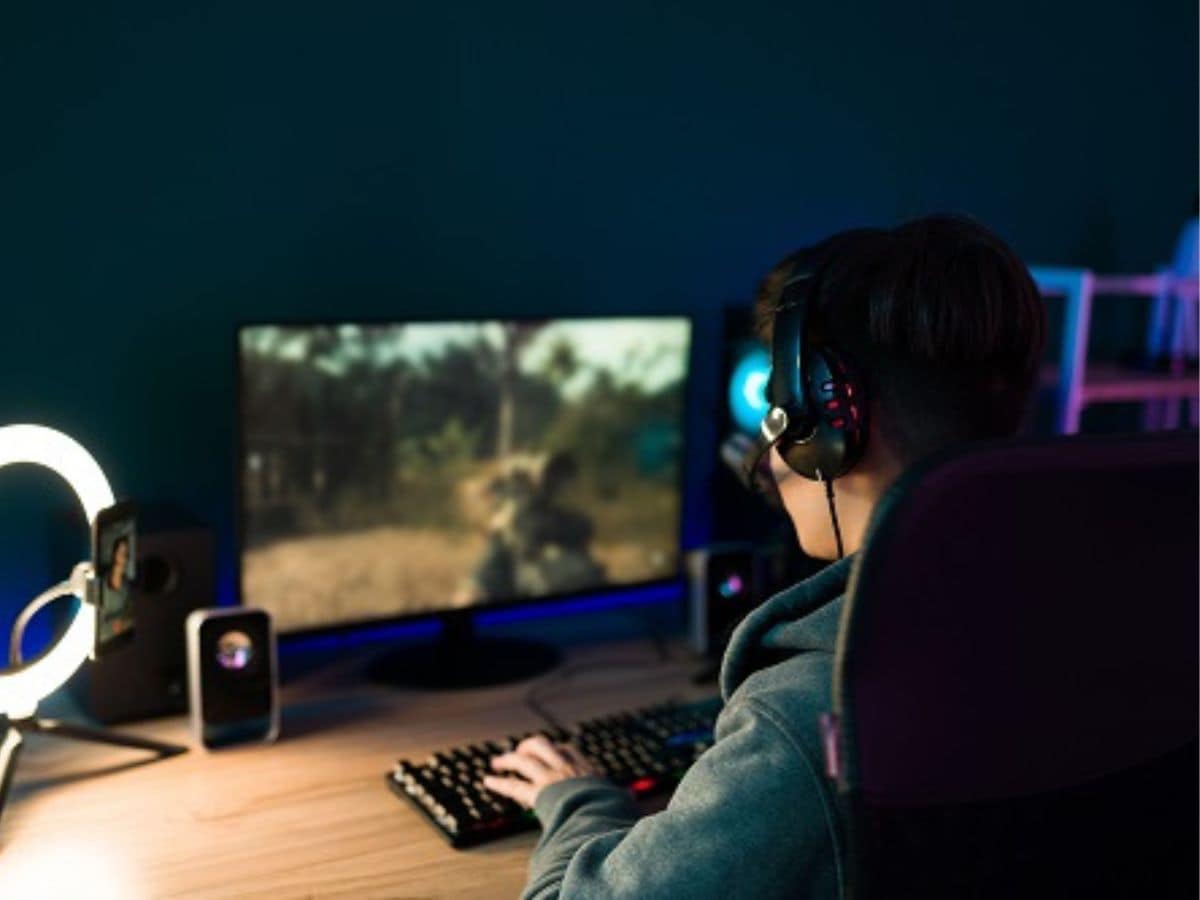While online gaming brings joy, social connection, and personal growth to many, it also has a darker side that affects a significant number of players—gaming addiction. Online gaming addiction can have severe consequences on individuals’ mental health, relationships, and overall well-being. Online gaming tournaments provide jili with exciting opportunities to compete at a higher level. In this article, we delve into the battle of addiction within the realm of online gaming, exploring its causes, effects, and strategies for overcoming this challenging struggle.
Understanding Gaming Addiction
Gaming addiction, also known as internet gaming disorder, is characterized by excessive and compulsive gaming behavior that interferes with an individual’s daily life.
1. Escapism and Reward System
Online games often provide an escape from reality and a sense of accomplishment through in-game rewards. This can lead some individuals to seek refuge in gaming as a coping mechanism for real-life challenges.
2. Social Aspects
The social nature of online gaming can be enticing, fostering a desire to remain connected to gaming communities and leading to excessive play.

The Impact of Gaming Addiction
Gaming addiction can have significant consequences on an individual’s physical, mental, and emotional well-being.
1. Health and Sleep
Excessive gaming can lead to physical health issues, such as eyestrain, sleep disturbances, and a sedentary lifestyle, which can, in turn, affect overall health.
2. Academic and Occupational Performance
Gaming addiction can hamper academic and occupational performance, leading to poor grades, missed deadlines, and reduced productivity.
Recognizing Gaming Addiction
Identifying gaming addiction is crucial to addressing the issue and seeking appropriate support.
1. Warning Signs
Common warning signs of gaming addiction include neglecting real-life responsibilities, withdrawal from social interactions, and a preoccupation with gaming.
2. Seeking Professional Help
If gaming addiction is suspected, seeking help from mental health professionals or addiction counselors is essential for a comprehensive evaluation and treatment plan.
Strategies for Overcoming Gaming Addiction
Overcoming gaming addiction requires commitment, support, and a combination of strategies to regain control over one’s life.
1. Setting Boundaries
Establishing clear boundaries on gaming time and adhering to them can help individuals strike a balance between gaming and real-life responsibilities.
2. Finding Alternative Activities
Encouraging engagement in alternative activities, such as sports, hobbies, or social outings, can help shift the focus away from gaming and diversify one’s interests.
Building a Support System
Having a supportive network of friends, family, or support groups can be instrumental in the journey to overcoming gaming addiction.
1. Open Communication
Openly discussing gaming addiction with loved ones fosters understanding, empathy, and a sense of shared responsibility in the recovery process.
2. Support Groups
Joining support groups or seeking online communities dedicated to gaming addiction can provide a safe space to share experiences and receive encouragement.
Seeking Professional Treatment
In severe cases of gaming addiction, professional treatment may be necessary to address underlying issues and develop healthy coping mechanisms.
1. Therapy and Counseling
Therapeutic interventions, such as cognitive-behavioral therapy (CBT) and family therapy, can help individuals understand the root causes of addiction and develop healthier habits.
2. Behavioral Interventions
Behavioral interventions, such as setting achievable goals and using positive reinforcement, can assist in breaking the cycle of addictive gaming behavior.
Promoting Healthy Gaming Habits
Preventing gaming addiction begins with promoting healthy gaming habits and responsible gaming practices.
1. Education and Awareness
Educating players about the risks of gaming addiction and the importance of moderation can empower them to make informed choices.
2. Parental Guidance
Parents play a crucial role in guiding their children’s gaming habits, setting appropriate limits, and ensuring a healthy balance between gaming and other activities.
Conclusion
The battle of addiction within the realm of online gaming is a complex and challenging struggle. Recognizing the signs of gaming addiction, seeking support, and adopting strategies for recovery are essential steps in overcoming this dark side of online gaming.
Promoting healthy gaming habits and responsible gaming practices can help prevent addiction and ensure that online gaming remains a positive and enjoyable experience for all. By addressing gaming addiction with compassion, understanding, and professional support, individuals can regain control of their lives and find a healthier balance between virtual worlds and the realities of everyday life.

Leave a Reply